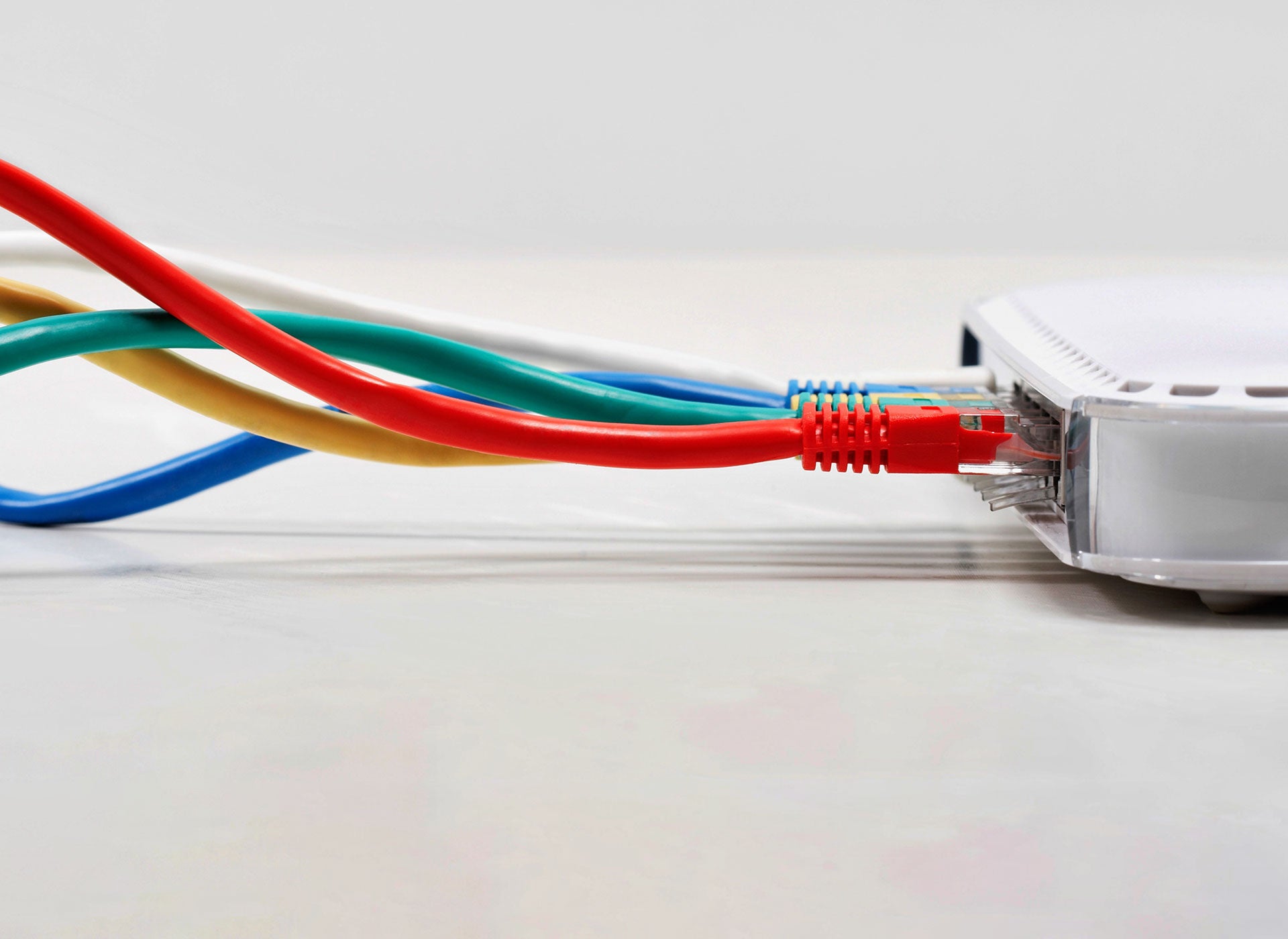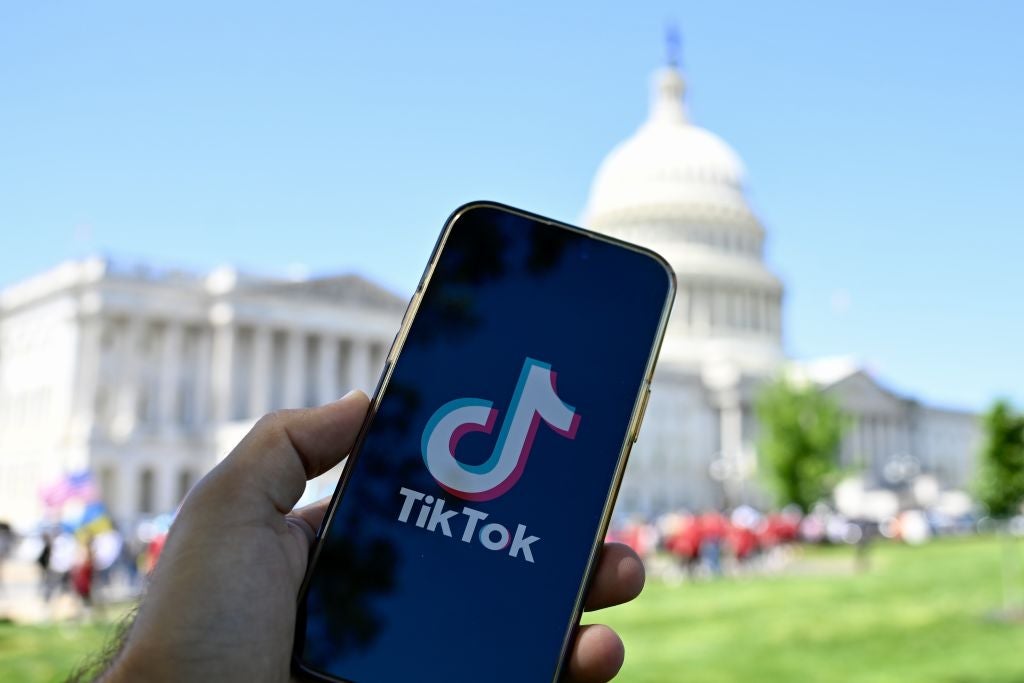
With broadband still a relatively new and-evolving proposition in general election terms, and having been more recently upgraded to the status of household utility in public perception, it is striking how quickly the main parties’ policies on broadband have become about much more than the speed it takes to load a web page.
They have employed broadband, as a symbol of the future, economic prosperity and connectivity, to convey a much deeper sense of what they want the UK to be and as an echo of their overall campaign narratives.
Broadband policies: Fibre rollout
The Conservative and Labour manifesto pledges are both ambitious plans to roll out fibre broadband, but vastly different in approach and scope.
The Conservatives’ pledge is to bring full fibre and gigabit capable broadband to every home and business across the UK by 2025. Whilst in an increasingly digital society there is an obvious need to connect the country, what is incredibly telling is where this commitment sits within their manifesto.
Broadband is mentioned a handful of times and their policy is incorporated into their sections titled ‘Make Britain the best place to start and grow a business’ and ‘Driving down costs and supporting small businesses’. They are using the platform of a connectivity revolution to cement their reputation as the economic safe choice and champion of business.
Whilst their overarching campaign message is undeniably to ‘Get Brexit Done’, alongside this they are trying to communicate a progressive domestic agenda supported by sensible economic policy and their fibre stretch target lands this message.
How well do you really know your competitors?
Access the most comprehensive Company Profiles on the market, powered by GlobalData. Save hours of research. Gain competitive edge.

Thank you!
Your download email will arrive shortly
Not ready to buy yet? Download a free sample
We are confident about the unique quality of our Company Profiles. However, we want you to make the most beneficial decision for your business, so we offer a free sample that you can download by submitting the below form
By GlobalDataSimilarly, Labour have also committed to delivering broadband to every home, but in a vastly different way that reflects their socialist priorities. They have pledged to provide full-fibre broadband free to everybody in the country, nationalising BT in the process.
Moreover, they are set to fund this with a tax on tech giants like Amazon and Facebook to pay for the cost of the public network. Free broadband, nationalising BT and taxing tech corporations are three huge standalone announcements and having them in one policy is a statement of intent from Labour.
The party is saying they will use every arm of government to tackle inequality, business monopolies and rampant capitalism that affects the poorest in society. Their broadband policy is hugely on message with their motto ‘for the many not the few’ and whilst it is a costly pledge, they have taken the gamble that the public will not be put off by their perceived fiscal irresponsibility, but enticed by their full-bodied commitment to investment in public services.
With less than a week to go ahead of polling day, it remains to be seen whose overall campaign messaging has been more effective and how impactful the broadband debate was in swaying the minds of the general public. With the rapid creep of technology meaning connectivity is becoming a vital part of a functioning society, it is fascinating to see how both parties are dealing with this increasingly poignant area of policy.
With promises of huge investment from both sides, there is now an onus to deliver, and if the winner falls short, expect this to be an even bigger battleground at the next election.
Read more: Free broadband sounds great, but Labour needs to remember 5G






